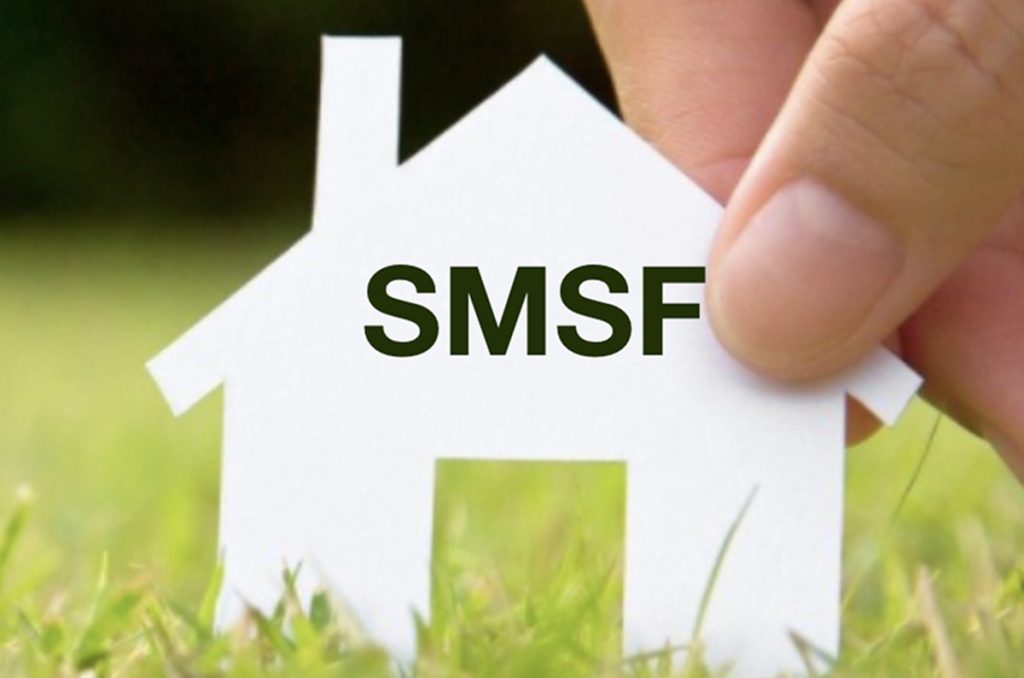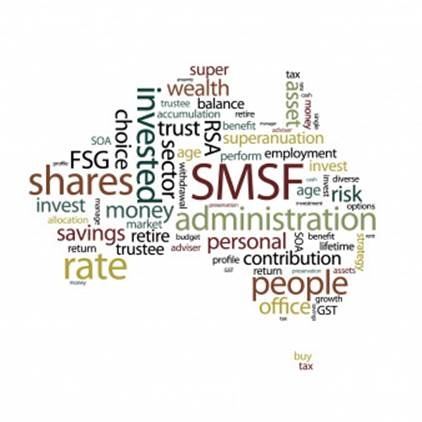Information centre
The latest financial news, information, and resources
- Home
- Posts
- Transfer to your SMSF
- Transfer to SMSF – Purchase in Individual Names (not an Entity) to Transfer to your SMSF (Commercial Premises)

Your Entity Needs to Be Registered FIRST before signing a Contract to Purchase a Property

Unfortunately, if you purchase your property in the incorrect structure, it can be very expensive to change later.
Your entity (like a Trust, Company or Super Fund) needs to exist BEFORE you sign a contract to purchase a property.
If you have signed a contract to purchase a property in your own name, but wish to change the purchaser to be an Entity, typically you will need to sign a new contract – otherwise there is a risk of being required to pay stamp duty twice – which is a very expensive exercise.
You Should NOT purchase in an Entity if you wish to Transfer to your SMSF
A clever strategy is to purchase your Business Premises in your SMSF. Your rent deductions become the Super Funds income and your Super Fund (hopefully) has a good tenant who
can regularly pay the rent (i.e. You).
We had an enquiry from a Mortgage Broker who’s client wanted to transfer their property (owned in a Company) to their SMSF.
Unfortunately, to achieve this, they would need to 1st transfer to themselves as Individuals (and pay FULL STAMP DUTY)
and THEN transfer from Individuals to SMSF (and Pay Reduced Stamp Duty of $50 for the Individual to SMSF transfer).
I’m not sure if the Mortgage Brokers’ client went ahead with the transfers – but it was a very expensive lesson that
it is worth paying for the right advice BEFORE you purchase a property and that the FUTURE PLANS for the property are discussed with the Advisor.
I’ve included below an extract of my email to the Mortgage Broker’s Client and also the ATO ruling and example that shows that only assets owned by Individuals can be transferred into an SMSF.
Email:
Dear Mr X

322. Jasmin Bee owns shares in an unlisted company, WD Pty Ltd.
323. Jasmin is a trustee and member of Bee SMSF. The Bee SMSF would like to acquire the shares in WD Pty Ltd that Jasmin currently holds. WD Pty Ltd is not a related party of the Bee SMSF.
324. As the shares only confer on Jasmin an interest to the share capital of the company rather than an eligible interest in any of the company’s underlying assets, the shares are not business real property. Therefore, the related party asset acquisition rule in section 66 will be breached if the Bee SMSF acquires the shares in the company.
Example 28: Units in a unit trust – not an eligible interest in real property
325. The Chelsea Unit Trust invests in commercial rental properties. Zach holds 50% of the units in the unit trust. The trust deed of the Chelsea Unit Trust gives unit holders a fixed entitlement to the income provided by the trust.
326. Zach is a member of the Blue SMSF. He decides to transfer the units in the unit trust to the fund.
327. The units in the unit trust cannot be transferred to the Blue SMSF by Zach without contravening the related party asset acquisition rule in section 66. If the entitlement Zach has is to the units in the trust he does not have an eligible interest in real property but rather he has an interest in the trust. If the entitlement Zach has is to the assets of the fund, the exception in the business real property definition described in paragraph 108 will apply and the property will not be business real property.